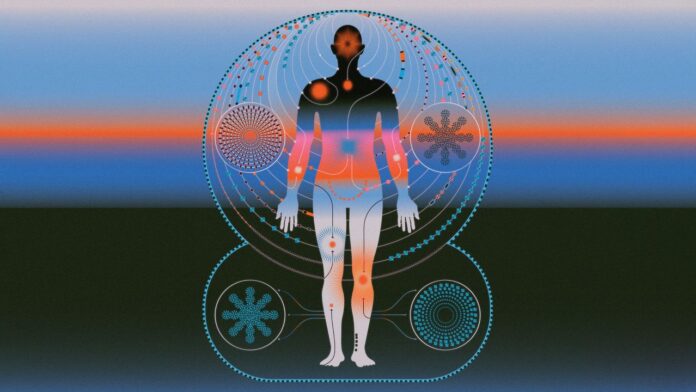The integration of AI in medicine is becoming inevitable, as medical schools are encouraging students to utilize tools like ChatGPT and OpenEvidence for case studies. Med student Benjamin Popokh expresses concerns that reliance on AI may erode his diagnostic independence. Throughout his rotations, he found himself relying on AI after patient encounters, leading to an unsettling realization about his thinking process. When testing AI tools, such as CaBot, results varied; while it showed accuracy in some cases, it also generated fictitious details and misdiagnosed conditions. Experts like Gurpreet Dhaliwal suggest using AI for trend identification rather than direct diagnoses, emphasizing that AI can enhance medical decision-making but cannot replace the nuanced understanding required for patient care. Tools like OpenEvidence comply with HIPAA and ensure accuracy through peer-reviewed sources. Ultimately, the future of medicine may redefine the roles of both AI and medical professionals.
Source link

Share
Read more